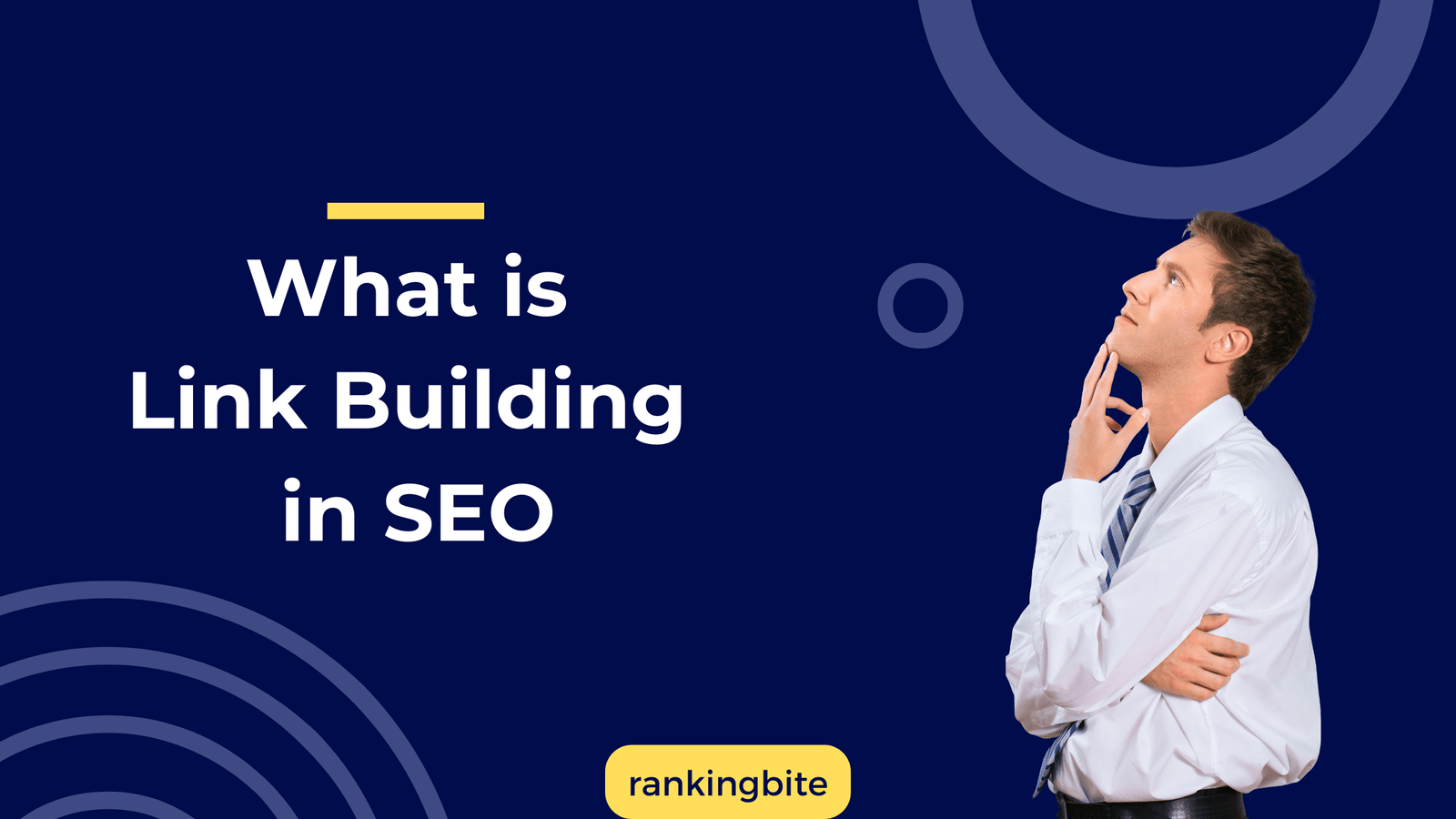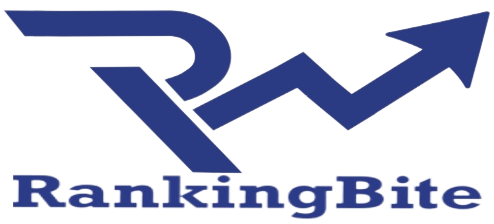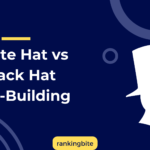
Link building in SEO is the process of acquiring hyperlinks from other websites to your own. These links, also known as backlinks, act as votes of confidence, signaling to search engines that your content is valuable, authoritative, and trustworthy. The importance of link building lies in its ability to boost search engine rankings, drive organic traffic, and enhance your website’s authority.
This guide delves into the fundamentals of link building, its importance in SEO, and the most effective strategies to implement in 2025.
What Are Links in SEO?
Links, or hyperlinks, are connections between web pages that allow users to navigate the internet. For SEO, links serve as pathways that help search engines understand the relationship between different web pages and evaluate their authority.
Types of Links
- Internal Links: Direct users between pages on the same website.
- External Links: Connect one website to another, often referred to as outbound links.
- Backlinks: Links from external websites that point to your site, crucial for SEO success.
Parts of a Link
- Anchor Text: The clickable text in a hyperlink, e.g., SEO Guide in a link to SEO Guide.
- URL: The web address where the link points, e.g., https://example.com.
- Link Attribute: Tags like
dofollowornofollowthat inform search engines about the link’s purpose.
What Is Link Building?
Link building is the practice of earning backlinks from other websites to improve your website’s authority and search engine rankings. It involves strategies that focus on acquiring high-quality, relevant links that add value to users and align with search engine guidelines.
How Search Engines Use Links
Search engines like Google evaluate backlinks as part of their ranking algorithms. A backlink from a reputable site passes “link juice,” signaling authority and relevance. Pages with more high-quality backlinks are more likely to rank higher in search results.
Why Is Link Building Important in SEO?
Link building is critical for SEO because it influences several key metrics that determine a website’s performance in search engine results pages (SERPs).
1. Improves Search Engine Rankings
High-quality backlinks signal to search engines that your content is credible and authoritative. For example, a study by Ahrefs revealed that pages with the most backlinks rank higher across all major search engines.
2. Increases Organic Traffic
When authoritative websites link to your content, they direct their audience to your site, increasing organic traffic. HubSpot reported a 30% growth in organic traffic after implementing targeted link-building campaigns.
3. Enhances Domain Authority
Backlinks contribute to metrics like Domain Authority (DA) and PageRank. Higher DA correlates with better SERP rankings and greater trustworthiness in the eyes of users and search engines.
4. Boosts Referral Traffic
Links from high-traffic websites drive targeted referral traffic to your site. These visitors are often highly engaged, resulting in better conversion rates.
5. Builds Brand Visibility and Trust
When reputable sites link to your content, it increases brand exposure and establishes your website as a trusted source of information.
Effective Link-Building Strategies for 2025
Building high-quality backlinks requires a combination of proven techniques and creative approaches. Below are the most effective strategies:
1. Guest Blogging
Contribute articles to reputable websites in your niche. Include a natural backlink to your site to build authority and drive referral traffic.
2. Content Marketing
Create shareable, valuable content such as blog posts, infographics, and videos. High-quality content naturally attracts backlinks from other websites.
3. Broken Link Building
Find broken links on high-authority sites and offer your content as a replacement. This benefits the site owner while earning you a backlink.
4. Skyscraper Technique
Identify top-performing content in your industry, create a better version, and reach out to those who linked to the original content to promote yours.
5. Resource Page Outreach
Pitch your content to be included in niche resource pages that compile valuable links on specific topics.
6. HARO (Help A Reporter Out)
Respond to journalist queries on HARO to earn backlinks from authoritative news and media sites.
7. Influencer Outreach
Collaborate with influencers in your niche to create content or earn mentions, increasing reach and credibility.
8. Internal Linking Optimization
Use internal links strategically to connect related content on your website, improving site navigation and distributing link equity.
Common Link-Building Mistakes to Avoid
While link building offers immense benefits, some mistakes can harm your SEO efforts. Avoid these errors:
- Buying Low-Quality Links: Paid links from irrelevant or spammy sites can lead to penalties.
- Over-Optimized Anchor Text: Excessive use of exact-match keywords appears unnatural to search engines.
- Ignoring Link Relevance: Backlinks from unrelated websites provide little to no value.
- Relying on Automated Tools: Automated link-building often results in spammy, low-quality backlinks.
- Lacking Diversity in Backlinks: A natural link profile includes a mix of dofollow, nofollow, and anchor text variations.
Case Study: The Impact of Link Building on SEO
Example: A Tech Blog’s Journey
A tech blog focused on building high-quality backlinks through guest blogging and broken link building. Results:
- 50% increase in organic traffic within 6 months.
- 30 new backlinks from domains with DA above 60.
- Higher rankings for competitive keywords like “best tech tools.”
Insight: Consistent, white-hat link-building efforts drive sustainable growth in traffic and rankings.
Frequently Asked Questions (FAQs)
1. Why is link building important for SEO?
Link building improves rankings, increases organic traffic, and enhances your site’s authority and credibility.
2. What makes a backlink high-quality?
High-quality backlinks come from authoritative, relevant websites with natural placement and appropriate anchor text.
3. Can link building harm my site?
Yes, using black-hat techniques like buying links or spamming can lead to penalties and ranking drops.
4. How long does it take to see results from link building?
It typically takes several weeks to months, depending on your niche, competition, and the quality of backlinks earned.
5. What are the best link-building tools?
Popular tools include Ahrefs, SEMrush, Moz Link Explorer, and Google Search Console.
Final Thoughts
Link building is a fundamental aspect of SEO, serving as a pathway to improved rankings, increased traffic, and enhanced authority. By focusing on white-hat techniques like content marketing, guest blogging, and broken link building, you can create a robust and sustainable backlink profile.
Remember, the key to effective link building is quality, relevance, and consistency. Invest time in building genuine relationships and producing valuable content to secure links that drive long-term SEO success.





